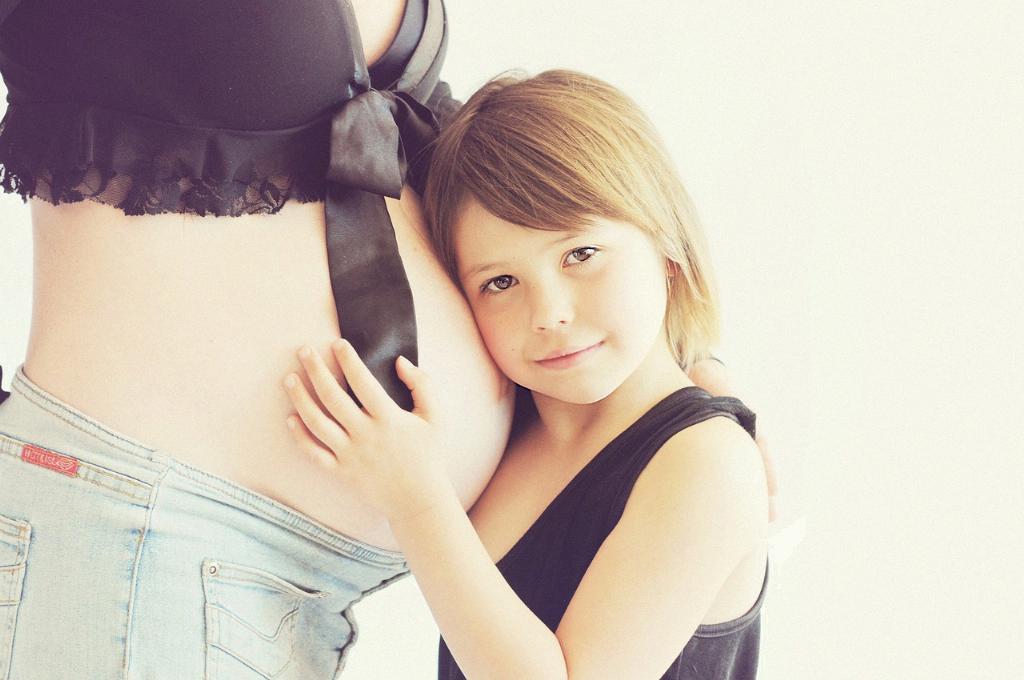Many individuals who have undergone gastric bypass surgery may wonder about the feasibility and safety of pregnancy post-surgery. The good news is that yes, it is possible to have a baby after a gastric bypass. In fact, it can even be safer for both the mother and the baby compared to pregnancy with a higher body mass index (BMI).
Benefits of Pregnancy After Gastric Bypass
One of the key benefits of pregnancy after gastric bypass surgery is the reduced likelihood of complications such as gestational diabetes and hypertension. These risks are significantly lowered due to the weight loss achieved through the surgery, which can contribute to a healthier pregnancy overall. Additionally, women who have had gastric bypass surgery are less likely to have a baby with a higher birth weight, which can also reduce the risk of complications during childbirth.
Weight Loss and Fertility
It’s important to note that weight loss resulting from gastric bypass surgery can have a positive impact on fertility. Excess weight can sometimes affect hormone levels and ovulation, making it more challenging to conceive. By achieving a healthier weight post-surgery, individuals may find it easier to become pregnant.
Consulting Your Healthcare Provider
Before attempting to conceive after gastric bypass surgery, it is crucial to consult with your healthcare provider. They can provide personalized guidance based on your specific circumstances and health status. Your provider may recommend certain supplements to ensure that you and your baby receive adequate nutrition during pregnancy.
Nutritional Considerations
Following gastric bypass surgery, individuals need to pay careful attention to their nutritional intake. Pregnancy places additional demands on the body, so it is essential to work closely with a healthcare provider or nutritionist to ensure that you are meeting your dietary requirements for both yourself and your developing baby.
Monitoring Your Health
Regular monitoring of your health is crucial throughout pregnancy after gastric bypass surgery. Healthcare providers may recommend more frequent prenatal visits and additional screenings to ensure that both you and your baby are progressing as expected. This monitoring can help catch any potential issues early and allow for prompt intervention.
Physical Changes During Pregnancy
It’s important to be aware of the physical changes that can occur during pregnancy after gastric bypass surgery. Your body has already undergone significant changes due to the surgery, and pregnancy can further impact your nutritional needs. Working closely with your healthcare team can help you navigate these changes and prioritize your health and the health of your baby.
Emotional Support
Pregnancy after gastric bypass surgery can bring about a range of emotions, including excitement and anxiety. It is entirely normal to experience mixed feelings during this time. Seeking emotional support from friends, family, or a counselor can be beneficial in navigating the emotional aspects of pregnancy and ensuring that you have the support you need.
Postpartum Considerations
After giving birth, it’s important to continue prioritizing your health and well-being. Managing your nutritional intake, staying active, and attending postpartum check-ups are all essential aspects of postpartum care. Additionally, if you plan to breastfeed, working with a lactation consultant can help ensure a successful breastfeeding journey.
Final Thoughts
In conclusion, pregnancy after gastric bypass surgery is not only possible but can also be a safe and healthy option for individuals who have undergone the procedure. By working closely with your healthcare provider, monitoring your health, and prioritizing your nutritional intake, you can have a successful pregnancy and welcome a healthy baby into the world.

